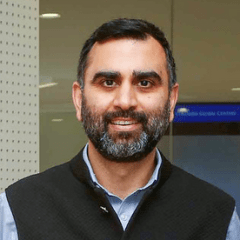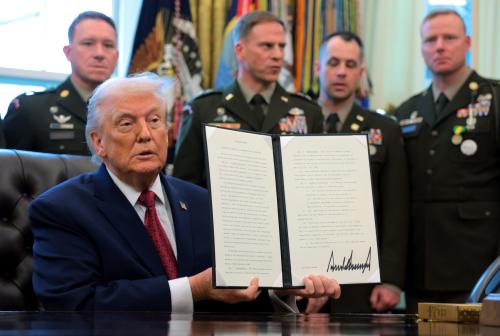

9:30 am EDT - 12:20 pm EDT
Past Event
9:30 am - 12:20 pm EDT
1775 Massachusetts Ave NW
Washington, D.C.
20036
At the heart of U.S. drug price reduction policy is a law that is about to turn 40 years old: the Hatch-Waxman Act (HWA). The HWA, signed in September 1984, attempts to balance lower prices through generic competition with innovation incentives to brands. The law does so by lowering barriers to entry for generics and by granting various new exclusivities to the brands. The exclusivities give branded manufacturers 5-year data exclusivity for new chemical entities (NCEs) and 3-year exclusivity for NCE extensions or modifications that are supported by clinical data.
The evidence on the first 25 years following enactment of the HWA showed that many of the desired outcomes were realized. That is, significant savings were obtained from drugs that experienced patent expiration and patent terms were lengthened.
However, subsequent industry responses and market structure changes have revealed less encouraging results in more recent HWA performance. Companies began to ratchet up their use of the HWA pathways to extend exclusivity periods, including settlements of patent challenges by generic firms, the late filing of patents, the refusal to provide samples to generic firms, filing of pretextual “citizen petitions” against competitors to delay market entry, and evergreening, when companies patent existing drugs with slight modifications. As a result, the effective exclusivity for new drugs is longer than what Congress designed and can extend anywhere from 7 to 35 years.
A variety of ideas have been advanced to limit anti-competitive conduct. On September 19, the Center on Health Policy at Brookings convened an event to examine the origins of the act, lessons learned from the first 40 years, and considerations for the future of regulation of markets for generic drugs and competition in the pharmaceutical industry.
Viewers joined the conversation and asked questions of the speakers by emailing [email protected] or on X/Twitter @BrookingsEcon using the hashtag #HatchWaxman.




Moderator



Moderator


Moderator


David R. Holtgrave, Regina LaBelle
January 30, 2026

Michael E. O’Hanlon, Marta E. Wosińska
December 30, 2025

Vanda Felbab-Brown
December 19, 2025